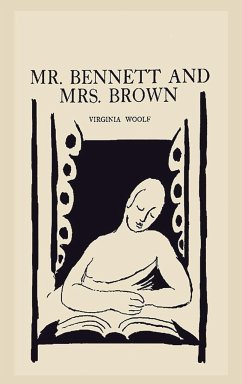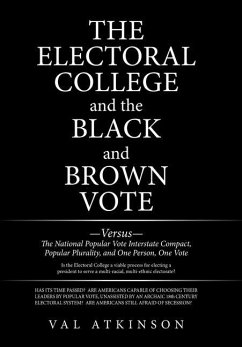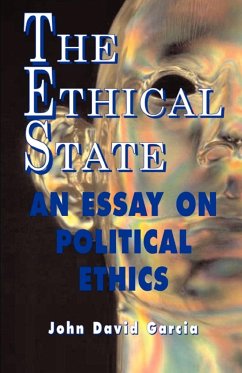
Mr. Bennett and Mrs. Brown
(Large Font Edition)

PAYBACK Punkte
7 °P sammeln!
The author penned the article in 1923 and first presented it to the Heretics in 1924. The essay is an argumentative piece that tries to go beyond Arnold Bennett's thesis that characters are what novels are all about, and his too-simple explanation for why young writers haven't been able to make their characters seem real. Woolf picks 1910 as the year when things start to change in the way people treat each other. Why does this matter to her? Understanding the concept of a "real" character requires a comprehensive understanding of British society as a whole. This way, she uses Mrs. Brown to sho...
The author penned the article in 1923 and first presented it to the Heretics in 1924. The essay is an argumentative piece that tries to go beyond Arnold Bennett's thesis that characters are what novels are all about, and his too-simple explanation for why young writers haven't been able to make their characters seem real. Woolf picks 1910 as the year when things start to change in the way people treat each other. Why does this matter to her? Understanding the concept of a "real" character requires a comprehensive understanding of British society as a whole. This way, she uses Mrs. Brown to show how people really are.Her research shows how bad writers from the past were, especially those from the Edwardian and Georgian eras, and she concludes that they also failed to make characters that would last. History appears to favor Virginia Woolf in this case: while everyone is familiar with Mrs. Dalloway, neither the Edwardians nor the Georgians have left behind a single character. Instead, what readers remember are the actual settings they made with old tools.This version of the essay uses section headings and bold fonts to enhance the flow of ideas. Apart from that, we present the essay in its original form.














